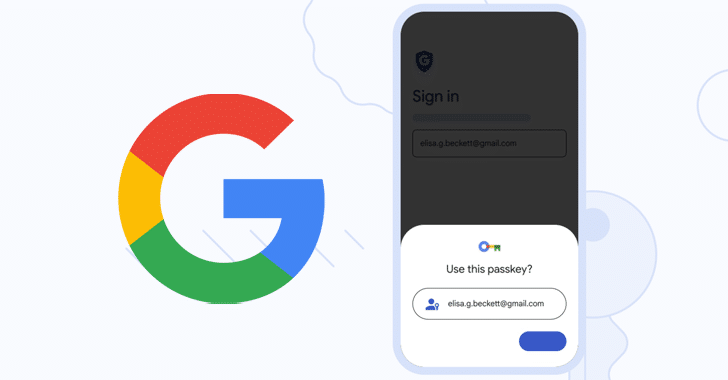Google Introduces Passkeys for Password-Free Access to Its Services
By James Pebenito • May 5, 2023
Google Introduces Passkeys for Password-Free Access to Its Services
Google has introduced a new feature known as “passkeys” that eliminates the need for users to remember passwords to access its services. Passkeys allow users to sign in to applications and websites using the security features of their device, such as facial recognition, a PIN number, or a thumbprint on their smartphone. This action is part of a larger effort to implement new security standards that eliminate the need for passwords. Google, Microsoft, and Apple committed to supporting these standards in order to make online security more user-friendly and convenient a year ago.
Passkeys have been designed to make logging into online services more secure, as they are more difficult to pilfer or crack than traditional passwords. This new feature will also assist users who have difficulty remembering passwords, which can contribute to a reduction in security because people tend to reuse passwords across sites.

Google is not the only tech behemoth investigating novel approaches to bolstering online security. Apple and Microsoft have been developing similar projects, including “Face ID” and “Windows Hello,” respectively. These systems use biometric data to authenticate users, making signing into services more secure and convenient.
Despite the fact that passkeys provide an alluring alternative to conventional passwords, some security experts have raised concerns about the safety of these new systems. Using sophisticated techniques, hackers could potentially circumvent biometric authentication, placing user data at risk. Passkeys must be used in conjunction with other security measures, such as two-factor authentication, to provide the highest level of protection.
The introduction of passkeys is a positive step in the ongoing endeavor to improve online security and increase user-friendliness. As more businesses adopt this new standard, we can anticipate further advancements in online security in the future years.


